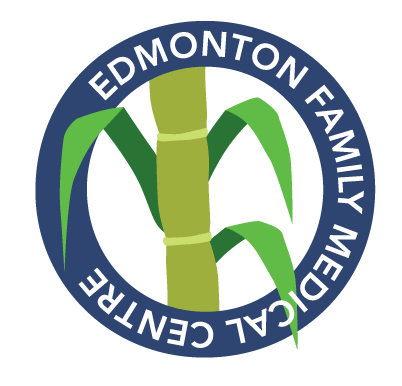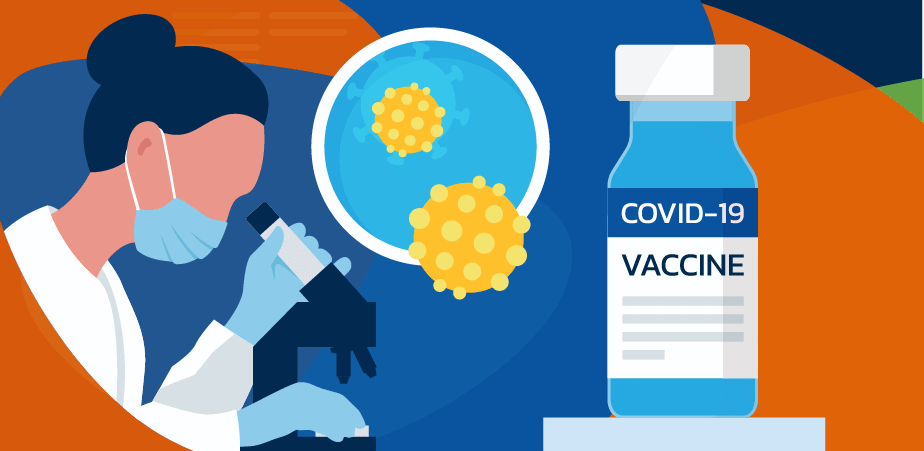- What is COVID-19?
COVID-19 is a disease caused by a new strain of coronavirus. ‘CO’ stands for corona, ‘VI’ for virus, and ‘D’ for disease. Formerly, this disease was referred to as ‘2019 novel coronavirus’ or ‘2019-nCoV.’ The COVID-19 virus is a new virus linked to the same family of viruses as Severe Acute Respiratory Syndrome (SARS) and some types of common cold.
- What are the symptoms of COVID-19?
Symptoms can include fever, cough and shortness of breath. In more severe cases, infection can cause pneumonia or breathing difficulties. More rarely, the disease can be fatal. These symptoms are similar to the flu (influenza) or the common cold, which are a lot more common than COVID-19. This is why testing is required to confirm if someone has COVID-19.
- How does COVID-19 spread?
The virus is transmitted through direct contact with respiratory droplets of an infected person who is coughing and sneezing. Individuals can also be infected from touching surfaces contaminated with the virus and touching their face (eyes, nose and mouth). The COVID-19 virus may survive on surfaces for several hours, but simple disinfectants can kill it.
- Who is most at risk?
We are learning more about how COVID-19 affects people every day. Older people, and people with chronic medical conditions, such as diabetes and heart disease, chronic respiratory disease and cancer appear to be more at risk of developing severe symptoms. As this is a new virus, we are still learning about how it affects children. The data internationally has consistently reports the lowest rates are in children. Pre-school and primary school age children in particular appear less likely to acquire the infection and make up less than 5% of reported cases in Australia and elsewhere.
- What is the treatment for COVID-19?
There are several safe and tested vaccines for COVID-19. However, many of the symptoms can be treated and getting early care from a healthcare provider can make the disease less dangerous. Most people who fall sick with COVID-19 will experience mild to moderate symptoms and recover without special treatment. However, some will become seriously ill and require medical attention.
- How can the spread of COVID-19 be slowed down or prevented?
As with other respiratory infections like the flu or the common cold, public health measures are critical to slow the spread of illnesses. Public health measures are everyday preventive actions that include:
- Staying home when sick;
- Covering mouth and nose with flexed elbow or tissue when coughing or sneezing. Dispose of used tissue immediately;
- Washing hands often with soap and water;
- Cleaning frequently touched surfaces and objects.

